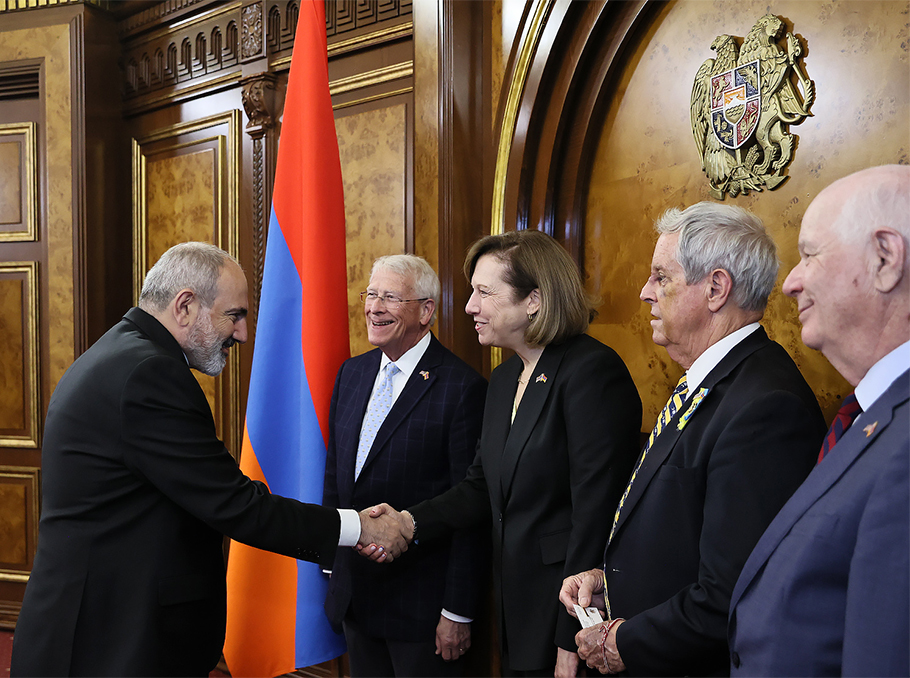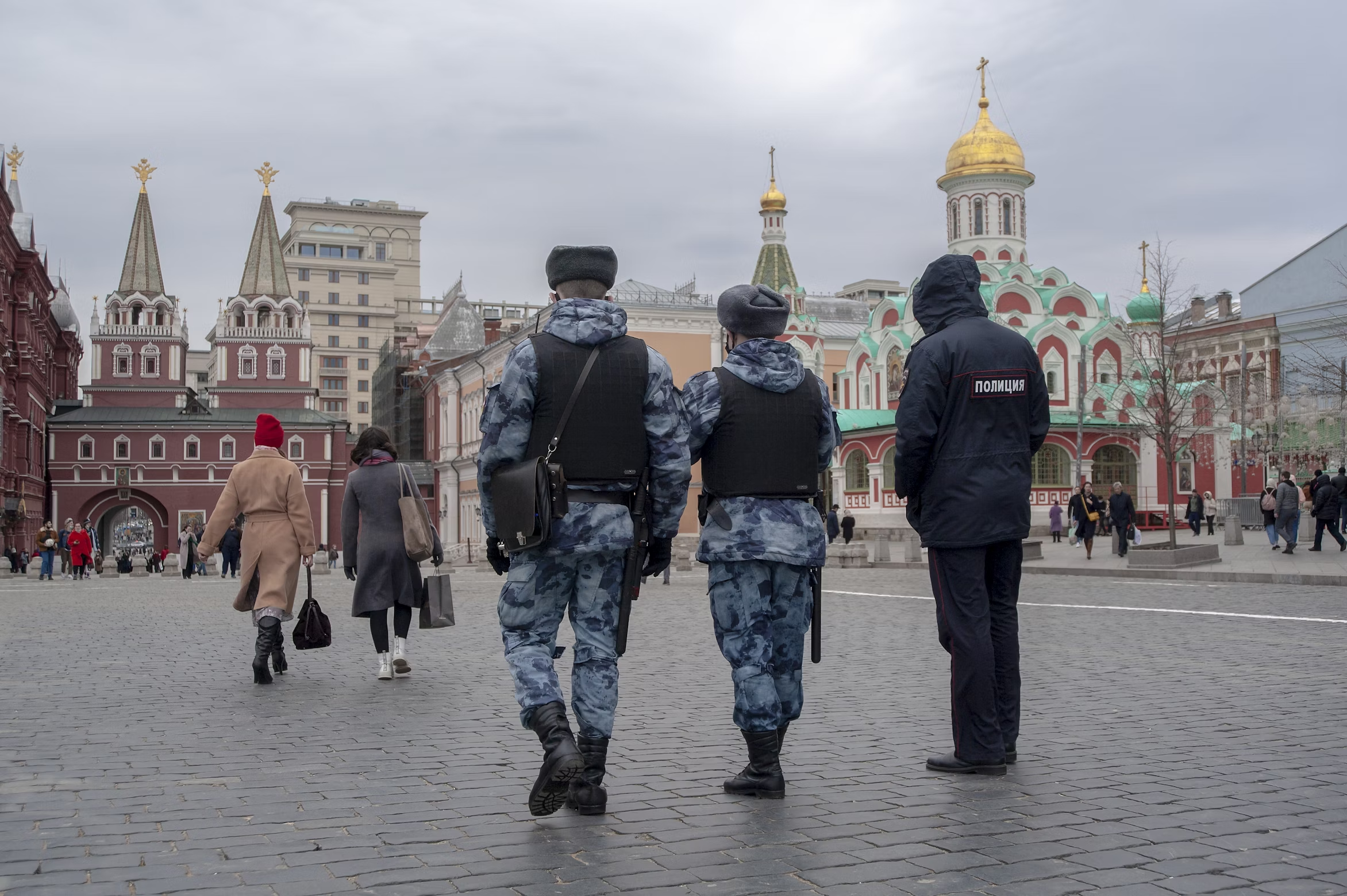Madam Speaker, as Chairman of the Commission on Security and Cooperation in Europe, otherwise known as the Helsinki Commission, I rise to introduce a resolution which expresses the concern of this body regarding the Russian Federation’s suspension of implementation of the Conventional Armed Forces in Europe Treaty (CFE). Russia’s declared suspension of the CFE on last July 14 is troubling to the countries that are parties to the treaty because it may lead to instability in the security situation in Europe.
NATO and the former Warsaw Pact countries ratified the CFE in 1990, under the auspices of the Conference on Security and Cooperation in Europe, predecessor of the current Organization for Security and Cooperation in Europe (OSCE). The CFE has played a major role in European security in the post-Cold War era. The treaty set broad limits on key categories of conventional military equipment in Europe and mandated the destruction of excess weaponry. Under its provisions, over 60,000 pieces of combat material have been destroyed or removed from the arsenals of signatory states, under a rigorous, but mutually acceptable, transparency regime. In sum, it established parity, transparency, and stability among the conventional military forces and equipment in Europe.
The CFE was amended in 1999 to account for the dissolution of the former Soviet Union and the reality that several Warsaw Pact countries had become NATO members. However, NATO members have not yet ratified the amended treaty because Russia has failed to fulfill related commitments to withdraw its troops and weaponry from the territories of Moldova and Georgia, where they I are stationed against the wishes of those governments.
Among other reasons, Russia justified its suspension of the CFE on the basis that the U.S. plans to construct missile defence facilities in Eastern Europe, NATO member states refuse to ratify the 1999 CFE “Adaptation Agreement,” and what Moscow sees as further encroachment by NATO toward Russia’s border.
Madam Speaker, this resolution is not intended to discount Russia’s concerns in the area of national security. However, Russia’s actions over the past few months, combined with this latest on the CFE, prompts the question: How much of Russia’s decision to suspend the CFE was based on genuine security concerns, and how much of the decision was designed to project President Putin and his United Party as “tough on the West” in the face of upcoming parliamentary and presidential elections?
We believe that Russia’s proposed “moratorium” on CFE compliance is a regrettable step that may needlessly increase tensions in Europe. I am introducing this “sense of the House” resolution urging the Government of the Russian Federation to reconsider its intention to suspend CFE implementation and to engage in dialogue with the other CFE signatory states to resolve outstanding problems and establish a foundation for the eventual implementation of the above-mentioned Adaptation Agreement to the CFE Treaty of 1999. In other words, we urge Russia to reconsider its decision and behave more responsibly. I urge my colleagues to support this timely resolution as a demonstration of this body’s concern for European security.










